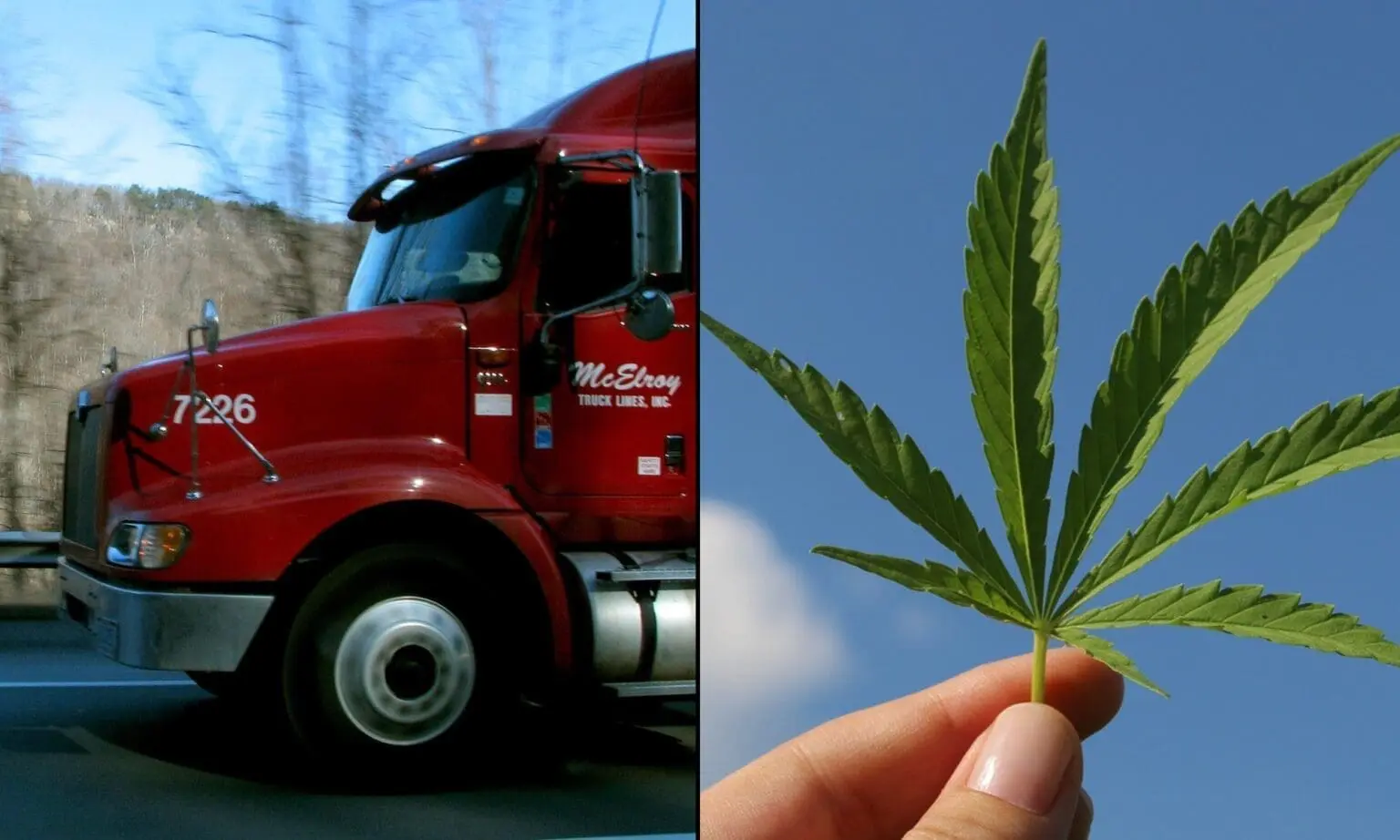The American Trucking Associations says it’s “deeply concerned” about the potential impact of federal marijuana rescheduling on drug testing programs for drivers—and it’s asking the secretary of the Department of Transportation for clarity around the policy change.
In a letter sent to DOT Secretary Sean Duffy on Thursday, ATA’s chief operating officer, Dan Horvath, said the industry group wants “information regarding whether the DOT will retain the authority and capability to test for marijuana use by commercial motor vehicle (CMV) drivers and other safety-sensitive transportation workers” if cannabis is moved from Schedule I to Schedule III of the Controlled Substances Act.
Of course, that policy hasn’t been enacted yet. And while President Donald Trump said recently he’ll be making a decision on the pending proposal within weeks—after endorsing the reform on the campaign trail last year—it remains to be seen whether he intends to follow through on rescheduling.
Horvath said ATA does “not hold a formal position on marijuana legalization or deregulation,” but “we are deeply concerned about the safety risks of rescheduling marijuana without explicit safeguards to preserve the necessary testing authority and technical requirements for DOT-regulated safety-sensitive workers.”
The concern lies in the potential removal of mandatory federal drug testing guidelines under the U.S. Department of Health and Human Services (HHS) that DOT must currently comply with if cannabis is moved to Schedule III.
“If so, without clear measures to ensure DOT’s program retains–and is equipped to execute–marijuana testing authority, such a federal policy shift could have serious consequences for highway safety and the integrity of the national transportation network,” the letter says. “This risk is exacerbated by the fact that there is currently no proven, widely accepted standard to determine marijuana impairment at roadside or before a driver begins operating a vehicle, making it far more difficult to prevent impaired driving.”
“The risks and potential safety implications of such a gap in testing authority are well-documented,” Horvath said, pointing to data on the rate of positive THC tests among drivers and studies that he claimed demonstrate an increase in traffic fatalities following state-level legalization.
Read more at Marijuana Moment







